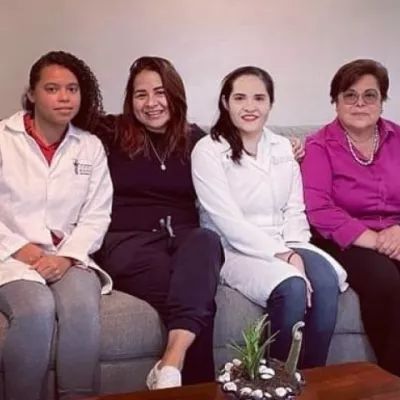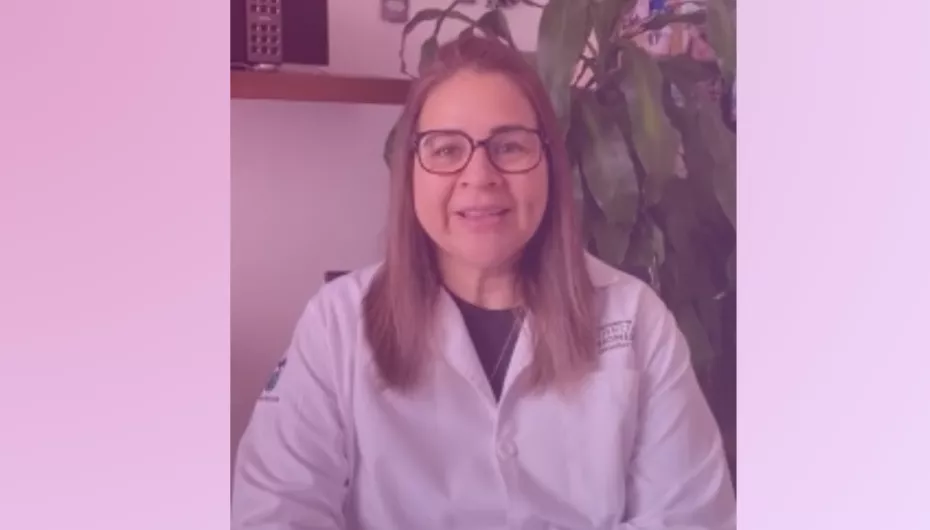
Project description
The structure of human gut microbiota is composed of a complex combination of microorganisms, including bacteria, viruses, and eukaryotes. Any alteration in the gut microbiota ecology leads to the development of various diseases, including those of inflammatory origin. Intestinal parasitic infections are a public health problem in Mexico, and children are in the population group major vulnerable. These organisms cause malnutrition, anemia, and other diseases, and although, are less abundant, parasitism represents a component of the human gut ecosystem, and knowledge about their interplay with the gut microbiota homeostasis remains limited. On this regard, considering the high rates of parasitic prevalence in Mexican children and that we are one country that ranks among the world's leading countries in childhood obesity rates, research efforts also should focus on further describing the interplay between parasites and the gut microbiota in childhood.
However, despite the importance of evaluating the human gut ecosystem, it is difficult to estimate it, mainly because of the complexity, cost, and interpretation of the tests; it is also noted that children from developing countries are where the least research has been reported on the composition of the gut microbiota in international literature, therefore our work aims to study communities of Mexican children through a screening questionnaire designed to evaluate risk factors for intestinal dysbiosis. Finally, the results got from the questionnaire should be associated with the biomedical tests considered in this work (microbiota and parasites), to make this a diagnosis tool subjective to the gut microbiota alteration in other children shortly, whereas molecular and biomedical tests cannot reach them. Likewise, this questionnaire can be reproduced in other countries, only with some modifications such as language and culture if necessary.
3 Questions to Rubi Viveros Contreras
1. What is the relationship between your project and Microbiota?
Parasitic infections in a child are a public health problem in Mexico. These organisms cause malnutrition, anemia, and other diseases. Although are less abundant, parasitic represents a component of the human gut ecosystem, and their interplay with the gut microbiota homeostasis remains limited. On this regard, Considering the high prevalence of these parasites within the Mexican children's gut ecosystem and we are one country that ranks among the world's leading countries in childhood obesity rates, research efforts also should focus on further describing the interplay between parasites and the gut microbiota on the relationship the child's health. On the other hand, it is also noted that children from developing countries are where the least research has been reported on the composition of the intestinal microbiota in international literature, therefore our work aims to study Mexican preschool children using also a screening questionnaire previously designed by us to evaluate risk factors for intestinal dysbiosis to validate this diagnostic tool for childhood intestinal dysbiosis while molecular biology techniques are not accessible to all population.
2. How can the project improve Children' health in Mexico?
In Mexico, there are populations with greater social vulnerability, with children under five years of age being a highly exposed stratum of the population. Intestinal parasites cause, among other effects, that children do not have adequate human development due to chronic malnutrition and malabsorption disorders causing. On this regard, knowing that the establishment of a healthy gut microbiome in early life is key to short- and long-term health and that scientific evidence has allowed us to hypothesize parasites may affect the gut microbiome, highlights the need to study the gut microbiome-promoting care as a promising preventive strategy for numerous diseases. However, molecular studies are expensive and not widely available, which is why this project furthermore proposes to evaluate infant gut health using a screening questionnaire that we have already constructed and piloted (the screening questionnaire includes prenatal, perinatal, and postnatal early risk factors for the intestinal dysbiosis diagnosis), to make this questionnaire a subjective diagnostic of the state of the gut microbiota in other children shortly, whereas molecular and biomedical tests cannot reach them. Finally, the impact of results will be reported in a personalized way to each parent or tutor, as well as to Municipal authorities and school administrators, who will also receive advice on the health care of the children, highlighting the importance of a healthy gut microbiome.
3. How the Henri Boulard Award will help your team to perform your project?
The Henri Boulard Award provides an excellent opportunity to research the effect of parasitic infections on gut microbiota. It will support providing infants with a gut health diagnosis of the children evaluated and provide adequate information to parents and teachers about the care of the gut microbiota from an early life stage. Likewise, this grant allows us to assess a larger number of children, which will in turn allow us to obtain significant results for the validation of the screening questionnaire.

Rubi Viveros Contreras - Henri Boulard Award Winner 2022
Henri Boulard Award's winning projects

Towards eradicating water-borne gut diseases in Nigeria; development of cheap nanosized rice husk-based zeolite water filtration candles for common household usage


Gut microbiome dysbiosis in Hirschsprung-associated enterocolitis in Vietnamese children


Curbing the menace of rotavirus disease in Agbor community and raising awareness on the need for early childhood vaccination


Vaginal microbiota and Cameroonian women's health: mapping and increased awareness


To set up a reproductive health facility to address safe contraception methods and the myths behind the use of Ampiclox Capsule as female contraceptive in Nigeria


Waster-based epidemiology linking the microbiome profile of virus, fungi and bacteria for prediction of COVID-19 pandemic in Thailand as an epidemiological surveillance tool

